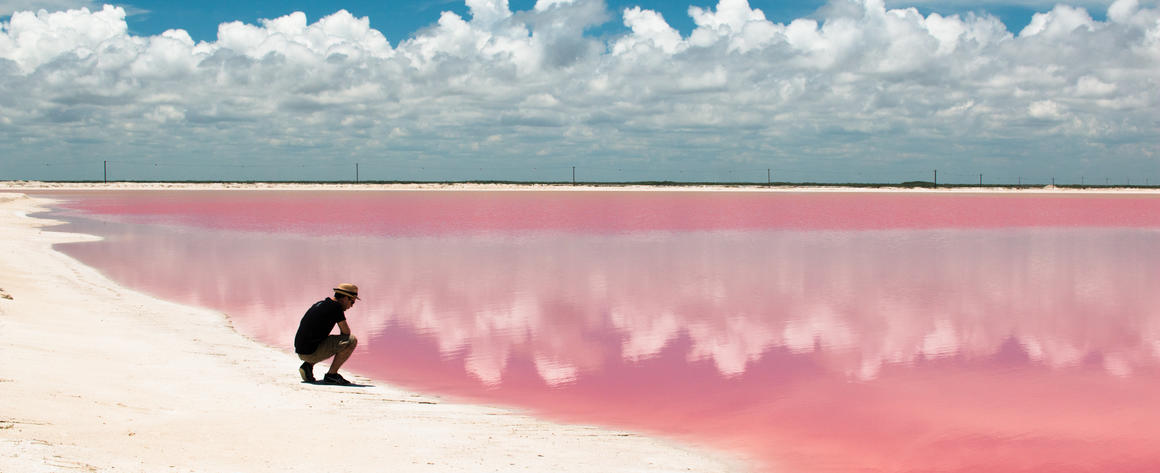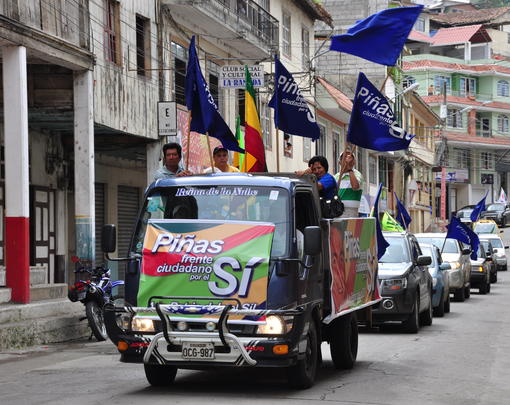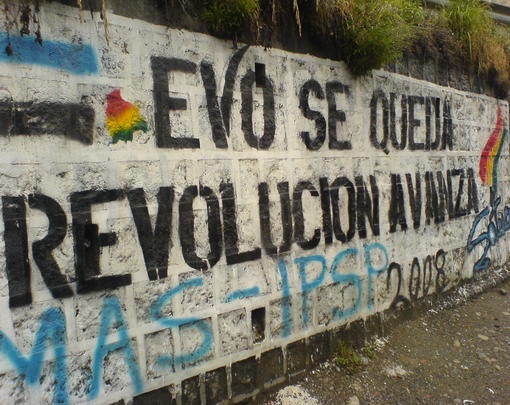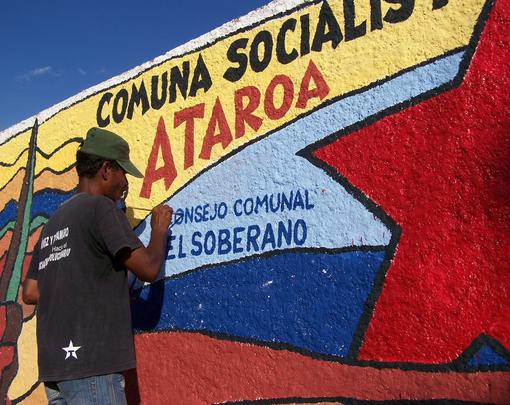
- Latin America’s “pink tide” and the challenge of systemic change
Latin America’s “pink tide” and the challenge of systemic change
In the late 1990s and the 2000s, Latin America experienced a “pink tide” of sorts, with a number of self-proclaimed socialist governments coming to power from Nicaragua to Venezuela to Uruguay and beyond. Several of these governments were able to implement radically progressive political agendas that increased social spending, nationalized important industries and renegotiated trade deals. A handful even presided over the writing of new constitutions, setting precedents by codifying the rights of nature and redefining their economies to make a more significant role for “solidarity economies” and the cooperative sector.
By 2010, leftist governments were in power in Argentina, Bolivia, Brazil, Chile, Ecuador, Honduras, Nicaragua, Paraguay, Uruguay and Venezuela, with Peru joining the ranks in 2011. But not long after, the tide began to turn. In 2012, Paraguay’s leftist President Fernando Lugo was impeached, and though his party maintained control through the end of that presidential term in 2013, new elections saw the right-wing Partido Colorado come back to power, bringing modern Paraguay’s few short years of progressive rule to an abrupt end.
In 2015, businessman and former mayor of Buenos Aires Mauricio Macri was elected President of Argentina, becoming the first democratically elected right-wing President in nearly one hundred years. The following year, President Dilma Rouseff of Brazil’s Worker’s Party was impeached and succeeded by conservative Michel Temer. And though Hugo Chávez’s successor Nicolás Maduro remains in power in Venezuela, he and his United Socialist Party’s hold on power is ever more tenuous. Brazil and Argentina are two of the top three largest economies in Latin America and important political and economic partners of many other countries in the region, therefore, the return to conservative rule in both may have more widespread effects across the region.
Whether or not we consider these changes evidence of the end of an era, these recent shifts in the South American political landscape present an important opportunity to reflect upon the experiences of the pink tide countries. When we think about what it takes to create system change, what can we learn from their experiences? What institutional innovations have they modeled? Which political strategies seemed to be most successful and why? In order to begin to answer those questions, we chose to examine three of the pink tide countries in which leftist governments have been in power the longest: Venezuela, Bolivia and Ecuador. We asked three analysts to describe some of the institutional innovations implemented in these countries during this time, and to reflect on the relationship between organized citizenry and the state in these transitions in order to elicit lessons learned.
Major themes of the essays include: 1) factors that have helped or hindered the institutionalization of new policies and programs pursued by these governments 2) economic dependence and natural resource exploitation 3) the relationship between social movements and the state, especially with respect to how those relationships affect the possibilities for consolidation of progressive gains. As the United States confronts its own political crossroads, we hope the insights here can contribute to a sharpening our analysis of political change and help further our understanding of the possibilities—and challenges—that await us as we pursue system change.


